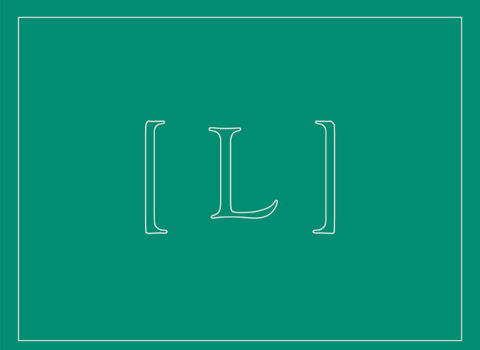Mathematicians discovered a new prime number, 257,885,161 – 1, and the existence of a pseudoprime that is the sum of 10,333,229,505 known primes and contains roughly 295 billion digits but cannot be represented precisely because the mathematician who found it lacks sufficient RAM. A Reader in Artificial Life at the University of Hertfordshire unveiled a new system for evaluating informational redundancy in systems. Darkness lets stressed green algae produce hydrogen, restores the vision of amblyopic kittens, and makes dogs four times as disobedient. Rats who waken to an induced sodium hunger will consent to taste the usually disgusting saltiness of the Dead Sea. Phosphorus starvation was indicated in cases of huanglongbing, UV fluorescence in carnivorous plants was observed in Thiruvananthapuram by a team under phytochemist Sabulal Baby, and an inexplicable jelly appeared at a bird reserve in Somerset. Researchers discovered how owls crane their necks. “Brain-imaging specialists like me,” said a neuroradiologist, “have always been puzzled as to why rapid, twisting head movements did not leave thousands of owls lying dead on the forest floor from stroke.” The Rinjani scops owl (Otus jolandae) was judged a distinct species from the Moluccan scops owl (Otus magicus). Carotenoids enrich the plumage of young male hihi birds. Barn swallows supported the idea that human redheadedness may combat high uric-acid levels. Male Eurasian jays kept from their monogamous partners will on reuniting offer them novel larvae. The obscuration of the ocean’s infrasonic rumblings in Jersey Hill, New York, may cause homing pigeons to lose their way. Dung beetles in a planetarium will, in the absence of a moon, navigate their balls by orienting themselves to the glow of the Milky Way. Humans’ skin color may no longer be appropriate.
DNA from a man’s kiss was found to remain in the mouths of Slovak women for up to an hour, cyberstalking was found more expensive for its victims than traditional stalking, and doctors finally induced fear in a fearless woman, SM, by partially suffocating her. Humans are unaffected by the misinformation of robot interrogators. Scientists turned a dead sparrow into a robot that provoked living males to fight with it, and reanimated the jaws of dead carp to a maximum bite strength of 700 newtons. The spiritual risks of lowland tapir meat do not deter non-Christian Makushi and Wapishana from its consumption. Conservativeness strongly correlates with a preference for name-brand mayonnaise. Disasters make Sichuanese nine-year-olds more selfless and six-year-olds more selfish. Biomedical engineers conducted a study of freshly failed human hearts. Narcissists tend not, as was previously assumed, to be envious. The hearts of straight couples beat together. A spaceship is better steered by two brains than by one.
A Florida man who claimed to have been bitten by a black mamba was exposed as merely having been bitten by his pet cobra. Embryonic banded bamboo sharks hold their breath in the presence of predators. The Princess of Lake Tanganyika is likelier, under threat of predation, to accept immigrant helper fish who assist with the care of offspring. Dolphins were found to call the names of other favored dolphins from whom they become separated, a misshapen dolphin was reported to have been adopted by a pod of sperm whales, and Chromodoris reticulata sea slugs were found, on disposing of their penises, to produce new ones from an internal spool. Marine biologists worried about the picky eating habits of herbivorous reef fish. The world’s largest crocodile died of chronic diarrhea. The NIH announced the retirement of its hepatitis-C chimpanzees, and a loggerhead turtle in a Kobe aquarium at last achieved swimming success with her twenty-seventh set of prosthetic fins. “When her children hatch,” said the aquarium’s director, “well, I just feel that would make all the trauma in her life worthwhile.”





